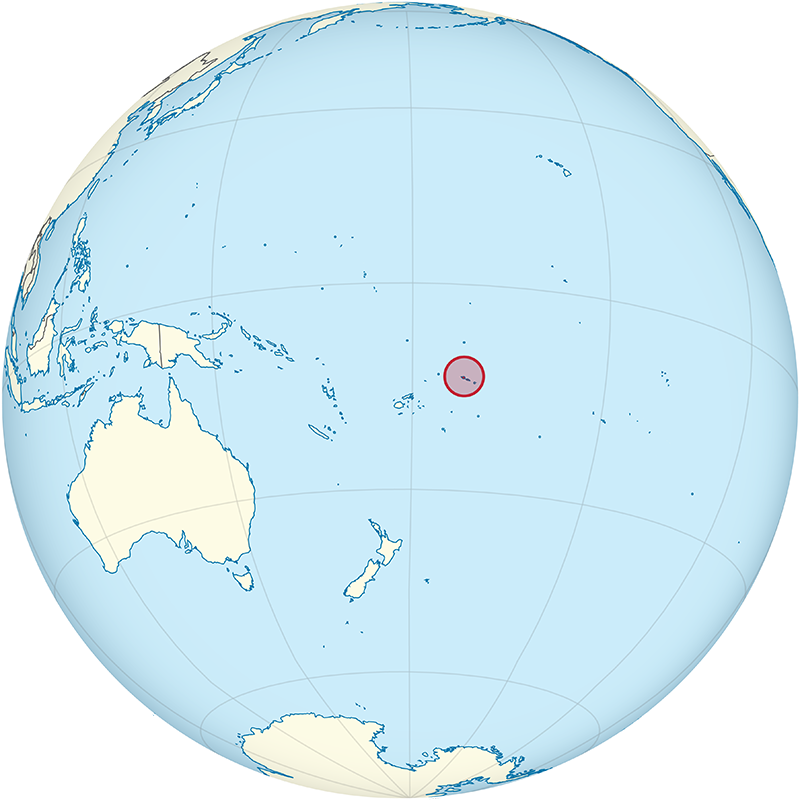
- Population:
- 218,000
- Religion:
- Christianity
Samoa was historically ruled by indigenous Polynesian chiefs before becoming a German and later a New Zealand-administered territory. It gained independence in 1962, making it the first Pacific island nation to do so. The economy relies on agriculture, remittances, and tourism.
Samoa, officially the Independent State of Samoa, is a country comprising the western part of the Samoan Islands in the South Pacific Ocean. Covering an area of 2,842 square kilometers, it has a population of approximately 200,000 people as of 2023. The capital and largest city is Apia. The official languages are Samoan and English. Samoa operates as a parliamentary democracy with a head of state (O le Ao o le Malo) and a Prime Minister as head of government. The economy is based on agriculture, remittances, tourism, and fishing. Samoa is known for its rich Polynesian culture, traditional customs (fa'a Samoa), and natural beauty, including rainforests, waterfalls, and coral reefs. The country is a member of international organizations such as the United Nations, the Commonwealth of Nations, and the Pacific Islands Forum. Samoa was the first Pacific nation to gain independence, achieving sovereignty from New Zealand in 1962.





